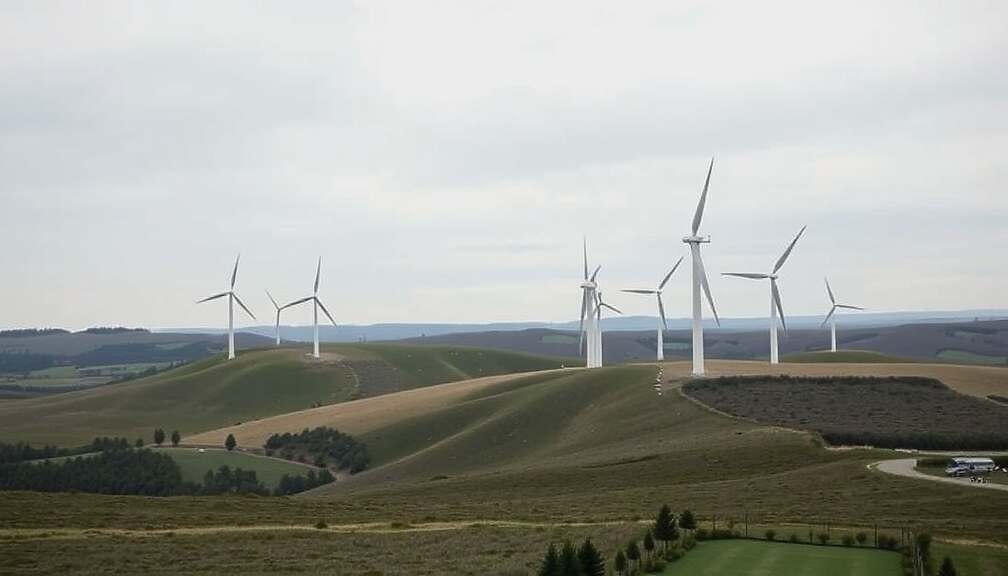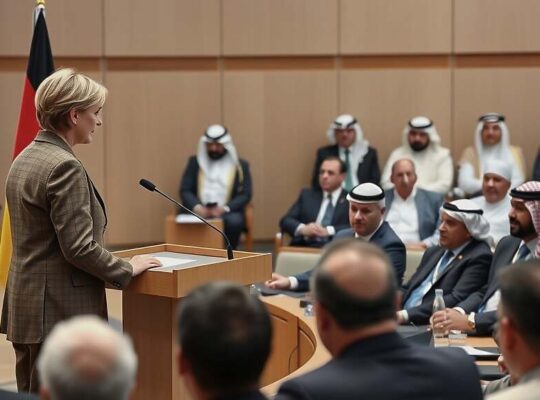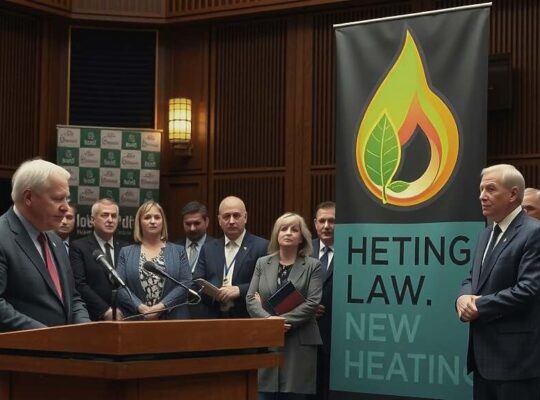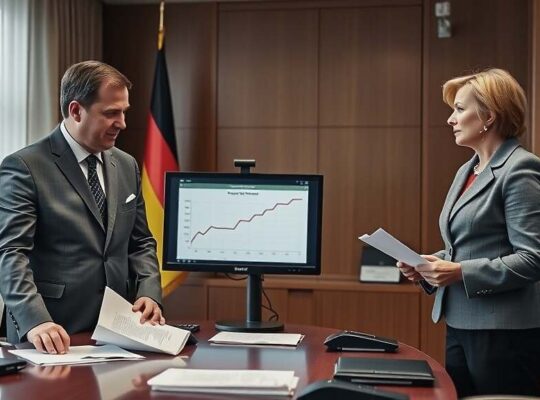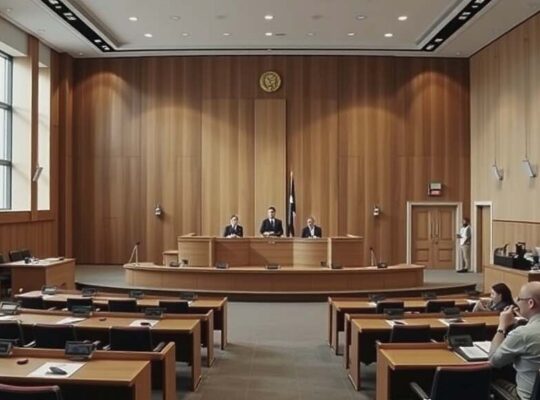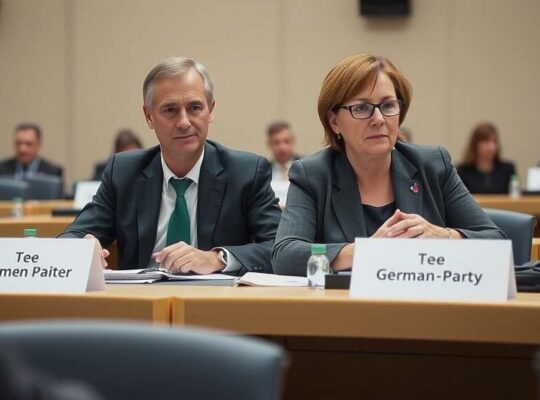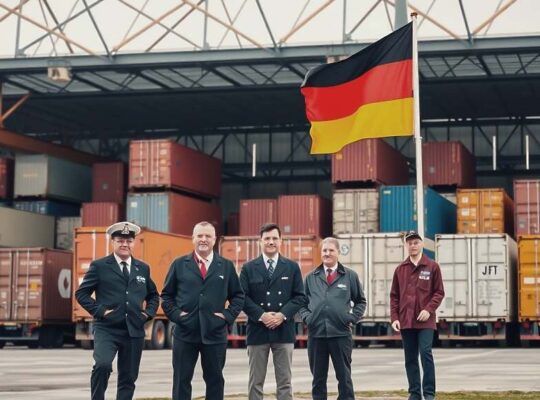The German energy firm 1Komma5Grad has formally lodged a complaint with the European Commission in Brussels, challenging the proposed power plant strategy spearheaded by Federal Minister for Economic Affairs, Katharina Reiche (CDU). The core of the dispute revolves around Reiche’s plan to incentivize the construction of up to 20 gigawatts of new natural gas power plants, a move the company argues constitutes an anti-competitive intervention into the energy market and will unnecessarily escalate the costs of Germany’s energy transition.
The German government’s rationale for bolstering natural gas infrastructure is to ensure energy security during periods of low wind and solar output. To facilitate this expansion, the government intends to provide substantial subsidies, contingent upon approval from the European Commission. Under EU state aid regulations, such subsidies are ostensibly permitted only for environmentally friendly technologies, creating a legal and political hurdle for the proposed gas-powered initiative.
Philipp Schröder, CEO of 1Komma5Grad, explicitly criticized the perceived neglect of “bundled decentralized systems, in the form of virtual power plants” as a viable alternative. He argues for a “technologically open competition” between centralized and decentralized power generation. Schröder’s concerns reflect a broader disconnect between the Ministry’s preference for large-scale infrastructure and the burgeoning market for distributed energy resources.
The move signals a marked shift from the policy direction of Reiche’s predecessor, Robert Habeck (Greens), who prioritized renewable energy expansion and hydrogen readiness. Critics from within the energy sector and industry associations contend that alternative solutions, like large-scale energy storage and other technological innovations, could effectively address periods of low renewable output without relying on the continued import of expensive fossil fuels like natural gas. The commissioning of gas plants, particularly those not designed for conversion to hydrogen, raises questions about Germany’s commitment to long-term decarbonization goals, potentially undermining the credibility of its green transition efforts and triggering further debate within the European Union. The EU Commission’s decision on the state aid request is expected to be a pivotal moment, potentially shaping the trajectory of Germany’s energy policy for years to come.


